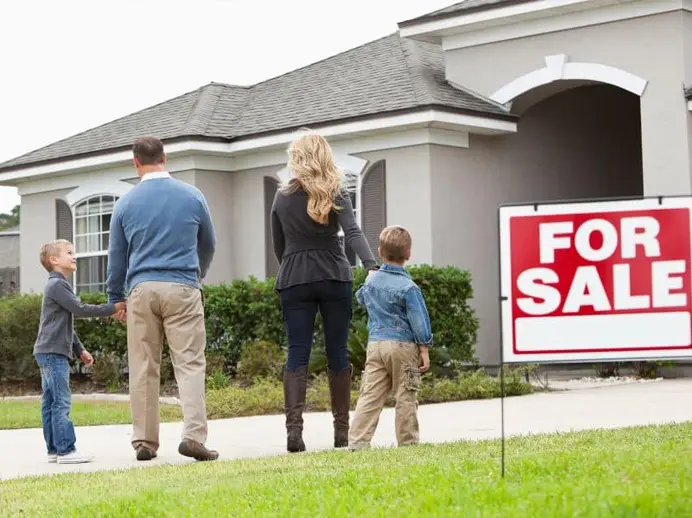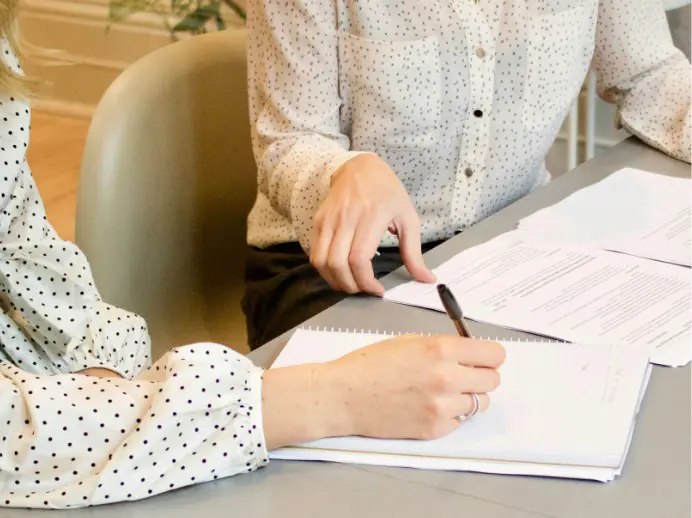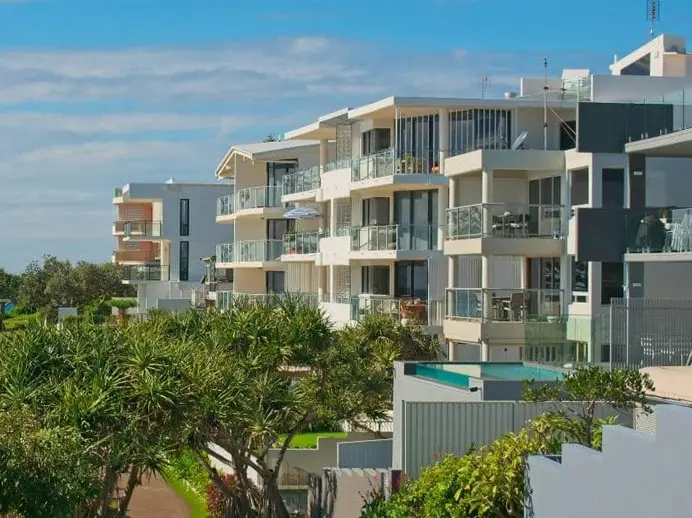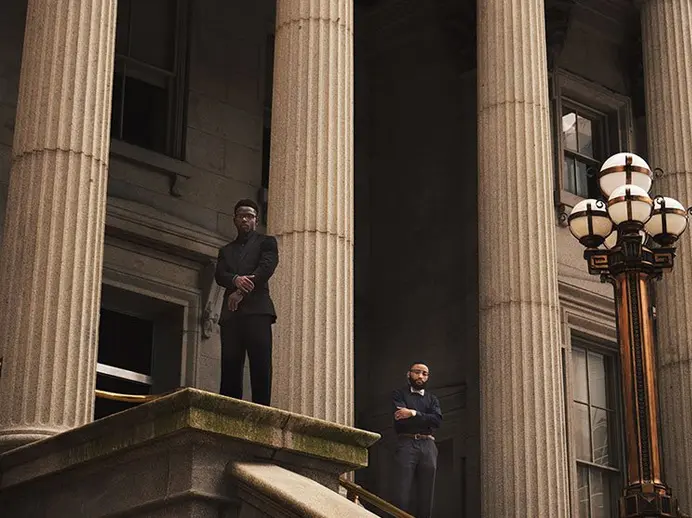15 May, 2019
Body Corporate, Videos
New Developments in Body Corporate for Levy Recovery

What are these new developments for Levy Recovery?
In this video, Body Corporate Associate Elisha Quigg talks about legislation as it was applied to a case matter to illustrate the issues for Bodies Corporate when facing Levy Recoveries.
Contact our Gold Coast Lawyers team for more information here Body Corporate Enquiries.
Transcript
Hi, everyone. My name is Elisha Hodgson, I'm a solicitor here at OMB Solicitors. Today I'm going to talk to you about body corporate levy recovery, and specifically, I'd like to touch on the litigation process and when we institute proceedings, what are the steps that are taken in our process?
The legislation surrounding the recovery of contributions owed to a body corporate is the Body Corporate and Community Management Act and the applicable standard accommodation and small schemes modules applying to that scheme.
The legislation indicates how we can recover contributions, and we need to follow that meticulously in our processes. At OMB Solicitors, we have prepared and we have perfected a process in recovering outstanding contributions owed to a body corporate and I'm going to explain to you how that process works.
When we receive initial instructions from the body corporate, it is usually in the form of instructions requesting a letter of demand to be issued. This is always our first port of call and we always review the matter entirely before we issue that letter of demand.
It's important to understand who the lot owner is, what their financial status is, and a bit of the background about where they're currently residing, and any contact that has been made prior to the matter being referred to our office.
Once a letter of demand is issued, we then allow an opportunity for that debt to be paid. If the debt's not paid, a quick phone call doesn't go astray, and we also touch base with the body corporate manager and the committee, if need be, to get an indication of whether or not they've had any contact with the lot owner.
It's always our recommendation, though, that if the lot owner does reach out to the body corporate or the body corporate manager when it is gone to legal, that they refer all that correspondence to our office to deal with appropriately.
Once a letter of demand has expired, the next step is a claim and statement of claim. Now, the claim and statement claim is always lodged in the magistrate's court, which is the court that has jurisdiction to hear the matter.
If the claim and statement of claim is not responded to within 28 days, then a default judgment can be applied and the body corporate can then go ahead and enforce that judgment. Often we find some issues in relation to service, so once a claim and statement claim is filed, we then have to proceed with service.
We're finding more and more regularly across our desk issues in relation to service, which we either progress to an application for substituted service, where we substitute serving the claim and statement of claim personally by instead doing it by way of another method that will bring it to the attention of the defendant.
So once the claim and statement of claim is filed and served, we can then progress to default judgment, and that is usually how the process works. In the middle, sometimes we get contact from lot owners in which we would try and facilitate payment plans if the circumstances allow for it.
What happens then if we do file a claim and statement of claim, it's then served on the defendant and we don't hear from them, but instead we get a defence filed in the proceedings. Well, that's when it comes across my desk, so defendant levy recovery is a process in which I manage here at OMB Solicitors with the watchful guidance of Juliette Nairn.
In that process, once the defence is filed, the body corporate then has 14 days to file a reply, and essentially what that reply is, it is a document which responds to any new allegations raised in the defence.
Once the reply has been filed, we quickly set the matter down for a compulsory settlement conference in the court to see if we can resolve the matter in a practical sense. Nine times out of 10, the matter is finalised either prior to a final hearing or at the settlement conference stage.
But if it does have to progress forward, there are a number of steps that need to be taken, including disclosure, and then a request for trial date and trial. That is a short snippet of the process in relation to the recovery of contributions from a lot owner and what you can expect in the court resolution process.
If you do have any questions about our processes and how it works and what we're required to comply with in terms of our rules with the court, please don't hesitate to ask us any questions that you may have, or if you have any particularly difficult matters.
For example, you can't arrange for service or you're having trouble contacting the defendant or you don't know where they are, we're very good at locating those defendants and trying to resolve the matter in a commercial manner with the most minimum cost to the body corporate.
Our Services
Property
Buying, selling or leasing? OMB Solicitors can help you today with all your property law needs.
All Property Services
Business Law
No matter what your business law issue is, OMB Solicitors have a wealth of experience across an array of commercial law practice areas.
All Business Law Services
Wills & Estates
Is your estate plan safe from litigation? Is your will up to date? Who will make decisions for you if you can’t?
All Wills & Estates Services
Family Law
Separated or contemplating separation? Considering a property settlement? OMB Solicitors can help you today with all your family law matters.
All Family Law Services
Body Corporate
Need body corporate advice? Look no further! At OMB Solicitors we are experts in all matters relating to strata and bodies corporate.
All Body Corporate Services
Litigation
OMB Solicitors have an expert team of litigation lawyers to assist in not only litigation, but also exploring other ways of resolving disputes.
All Litigation Services
Insurance
OMB Solicitors’ experienced insurance lawyers are on hand to assist with your insurance law matter.
All Insurance Services
